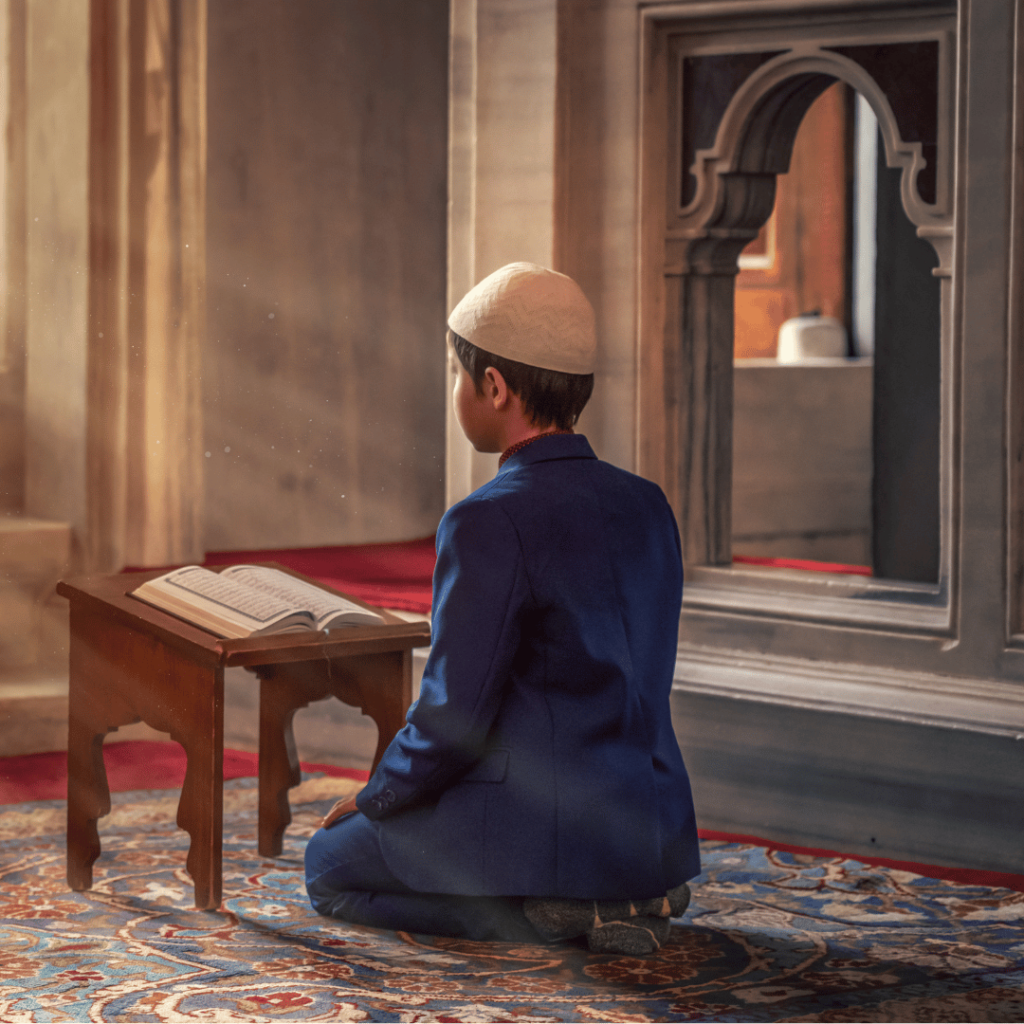Islam is one of the world’s major monotheistic religions, with over a billion adherents worldwide. Rooted in the teachings of the Prophet Muhammad and the Quran, Islam provides a comprehensive framework for both personal conduct and community life. Here, we explore the fundamental aspects of Islam, which are essential for understanding the faith
Origins and Development
Islam emerged in the early 7th century in Mecca, in present-day Saudi Arabia. The Prophet Muhammad, born in 570 CE, received revelations from Allah (God) through the archangel Gabriel over a period of 23 years. These revelations were later compiled into the Quran, the holy book of Islam. Muhammad’s teachings, emphasizing monotheism, social justice, and moral conduct, quickly gained followers, transforming into a robust religious and socio-political movement. By the time of Muhammad’s death in 632 CE, Islam had spread across the Arabian Peninsula
The Five Pillars of Islam
Shahada (Faith): The declaration of faith is the most fundamental expression of Islamic beliefs. The Shahada states, “There is no god but Allah, and Muhammad is His messenger.” This affirmation underscores the monotheistic essence of Islam and the central role of Muhammad as the final prophet.
Salah (Prayer): Muslims are required to perform five daily prayers at specific times: Fajr (dawn), Dhuhr (midday), Asr (afternoon), Maghrib (evening), and Isha (night). These prayers involve a sequence of movements and recitations, fostering a direct, personal connection with Allah and reinforcing the discipline and spiritual awareness of the believer.
Zakat (Charity): Zakat is a mandatory form of almsgiving, calculated as a fixed percentage of a Muslim’s savings and wealth. It is intended to purify one’s wealth and to support those in need, reflecting the emphasis on social justice and the welfare of the community in Islamic teachings.
Sawm (Fasting): During the holy month of Ramadan, Muslims fast from dawn until sunset. This fast includes abstaining from food, drink, smoking, and marital relations. Sawm serves as a means of self-purification, spiritual reflection, and heightened devotion.
Hajj (Pilgrimage): Muslims who are physically and financially able are required to undertake the pilgrimage to Mecca at least once in their lifetime. Hajj occurs during the Islamic month of Dhu al-Hijjah and includes a series of rituals meant to symbolize the unity of the Muslim community and their submission to All

The Quran and Hadith
The Quran is the primary sacred text of Islam, regarded as the literal word of Allah revealed to Muhammad. It is written in classical Arabic and is composed of 114 chapters, or surahs, which cover various aspects of life, law, and spirituality. Muslims believe that the Quran is unaltered and serves as the ultimate guide for humanity.
In addition to the Quran, the Hadith literature plays a crucial role in Islamic theology and law. The Hadith consists of sayings, actions, and approvals of the Prophet Muhammad. These traditions were compiled by scholars and serve to elucidate and complement the teachings of t


Core Beliefs of Islam
Several core beliefs underpin Islamic theology, providing a comprehensive understanding of the faith.
Tawhid (Oneness of God)
- The concept of Tawhid emphasizes the oneness and uniqueness of Allah. This belief rejects any form of polytheism or idolatry, affirming that Allah has no partners, children, or equals.
Angels
- Muslims believe in the existence of angels, created by Allah from light. These beings serve various functions, including conveying divine revelations, recording human deeds, and executing Allah’s commands.
Prophets
- Islam recognizes a long line of prophets sent by Allah to guide humanity. These prophets include figures such as Adam, Noah, Abraham, Moses, Jesus, and Muhammad, who is regarded as the Seal of the Prophets.
Revealed Books
- Muslims believe that Allah revealed sacred scriptures to His prophets. These include the Torah given to Moses, the Psalms given to David, the Gospel given to Jesus, and the Quran given to Muhammad. The Quran is considered the final and most complete revelation.
Day of Judgment
- The belief in a final day of judgment is central to Islamic eschatology. On this day, all individuals will be resurrected and held accountable for their deeds, emphasizing the moral responsibility of humans and the eternal consequences of their actions.
Qadar (Divine Decree)
- The belief in divine predestination, or Qadar, asserts that Allah has knowledge and control over all events. While humans have free will, their actions and outcomes are ultimately within Allah’s divine plan.
Conclusion
The fundamentals of Islam provide a robust framework for worship, ethics, and social conduct. By adhering to the Five Pillars, core beliefs, and ethical guidelines, Muslims strive to live in harmony with the divine will and contribute positively to their communities. Understanding these basic principles is essential for anyone seeking to comprehend the profound impact of Islam on the lives of its followers. This holistic approach to faith and life underscores the universality and timeless relevance of Islamic teachings, offering guidance and solace to over a billion people around the globe.

